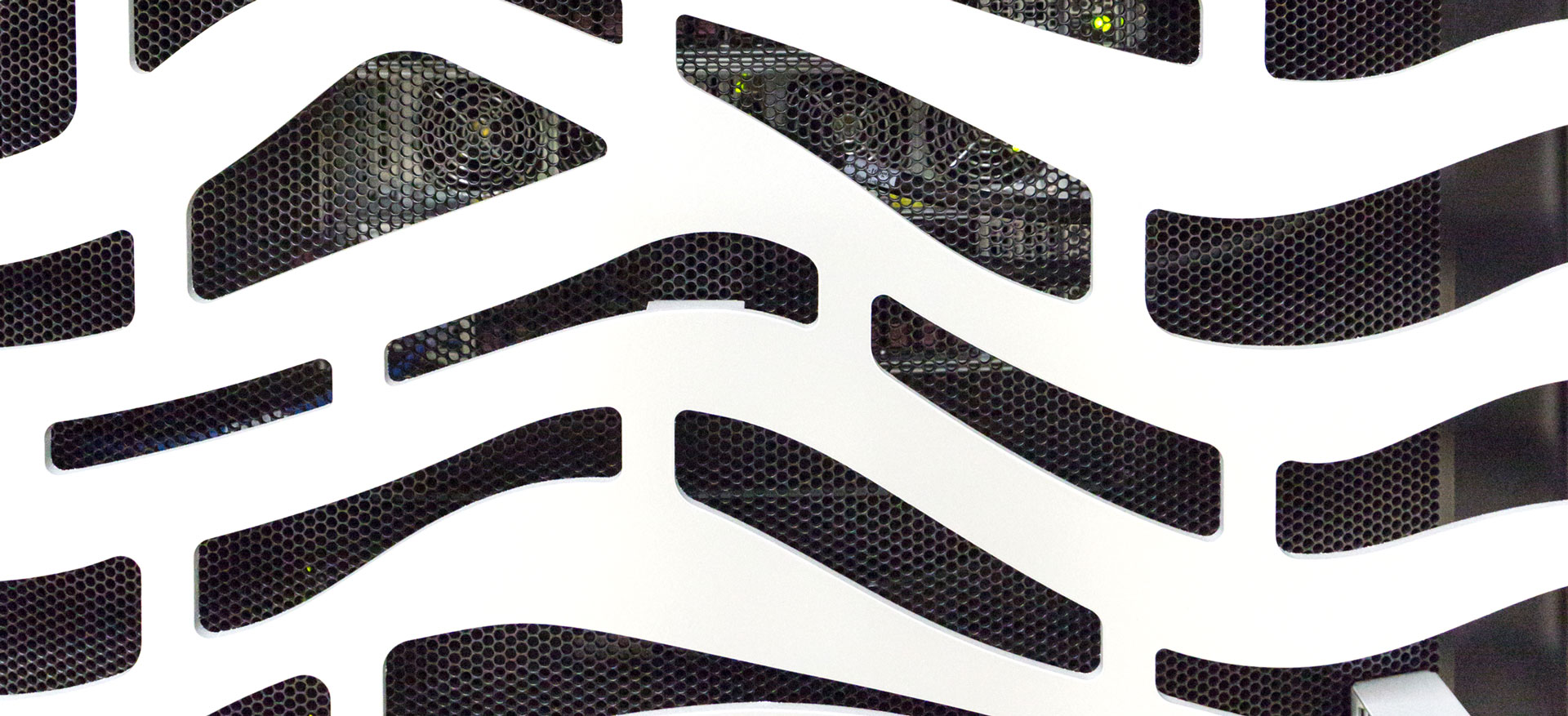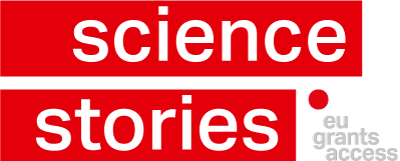
Experts for Brussels
How Euresearch helps researchers to participate in EU programmes. Five questions for Regina Schneider, Director of Euresearch and Karl Kerschbaum, EU GrantsAccess and Euresearch Regional Network Coordinator.
What does Euresearch offer?
Regina Schneider (RS): Euresearch primarily supports researchers in Switzerland in submitting their proposals to the EU in an easy and efficient way and in receiving research funding. Euresearch is decentrally organised with 15 offices in all regions of Switzerland and a Network Office in Bern which coordinates, connects and offers information and services. This decentralised network organisation is our great asset. The staff in the regional offices are close to the researchers, know their specific situation, are acquainted with the strategies, the culture and the local customs. They can respond flexibly and individually to the needs of the researchers.
Karl Kerschbaum (KK): The most fascinating aspect of my role as Network Coordinator is the decentral open exchange between the regions in collaboration with the team at the Network Office. Hereto, we have different formats at our disposal, such as a monthly online meeting addressing present issues, network conferences and an extensive intranet where information is easy to find and exchange. By this means, all offices are always up to date.
RS: Whenever someone in one of the offices faces a problem, he or she can present it to the network circle and will receive answers shortly, be it from colleagues who had to solve that same problem themselves, or from our respective specialists at the Network Office, or via our European network of contacts. Here, a great amount of experience and specialised knowledge is assembled and it is shared openly and generously.
What are your specific offers for researchers?
KK: Our concept is to support researchers throughout the entire project process – from the initial idea to the search for a suitable EU funding programme to writing a proposal, all the way to the grant and the final report. The researchers write their own proposals; however, it is our job, in collaboration with the specialists in Bern, to ensure that the proposals correctly fulfill the formal criteria.
RS: The topics for many of these calls for proposals are precisely predefined by the EU Commission. Researchers contact us with a project idea and our task is then to evaluate whether the project content matches one of the advertised topics or whether it could be adapted accordingly. This assessment requires great experience and background knowledge concerning both the procedures and the intentions Brussels has in mind. You have to be able to read between the lines. Whenever possible, we try to monitor the development of a call in Brussels from the very beginning. Once we know the different versions, we can reconstruct how the content or the intention of the Commission regarding a specific topic has changed. We are then able to inform the researchers accurately about what to consider specifically in their proposals. We are something like interpreters and cultural mediators between the researchers and the unique language and culture of Brussels.
The Framework Programme Horizon 2020 is drawing to a close. What are your experiences?
RS: The start was rather difficult. As the beginning of Horizon 2020 coincided with the adoption of the federal popular initiative «against mass immigration», the EU Commission suspended Switzerland’s association with the Framework Programme. Our federal administration did find a solution promptly so that researchers were still able to participate. However, there was great uncertainty among the researchers in Switzerland and their foreign partners.
KK: In fact, this uncertainty not only seized Switzerland but expanded to the international research community. They wondered whether researchers in Switzerland could continue to act as full partners and project managers in EU projects.
RS: After the sluggish start, though, Switzerland did catch up quickly, was awarded many grants and reached a high success rate. Moreover, thanks to the experiences gathered during Horizon 2020, we are now able to react much faster should there be a delay in the association with the next Framework Programme.
What is your overall assessment?
RS: Horizon 2020 has been very beneficial for Switzerland and the researchers. However, what is just as important and tends to be forgotten: Europe, too, has derived considerable benefit from the contributions made by Switzerland and its research community from universities and the private sector. Swiss companies generated jobs within the EU through their projects. Research institutions and researchers in Europe had access to Switzerland’s knowhow. We are often viewed as cherry pickers, but that is not true. Of course, we are successful, but Switzerland generously shares this success and our knowledge with Europe. Unfortunately, the EU does not always sufficiently appreciate Switzerland’s accomplishments.
What are your expectations regarding Horizon Europe?
KK: A strong budget increase. This means that there will be more programmes and the access to them will become more complex for researchers. Hence, we will certainly have plenty of work to do.
RS: What strikes me is that the new EU Commission embeds this next Research and Innovation Framework Programme even more in its political programme and I am not sure whether this is a good or a bad development. It is certainly positive that this strategy gives force to research and that Horizon Europe focuses strongly on urgent issues of our society, for example under the heading of «Green Deal». At the same time, I am worried that basic research and topics that currently do not reflect the zeitgeist will face adverse consequences and that there will only be purposeful project funding. As we do not know where the next crisis will come from it is crucial to have a broad range of research topics – even topics that seem to aim at no specific current purpose at first sight.

